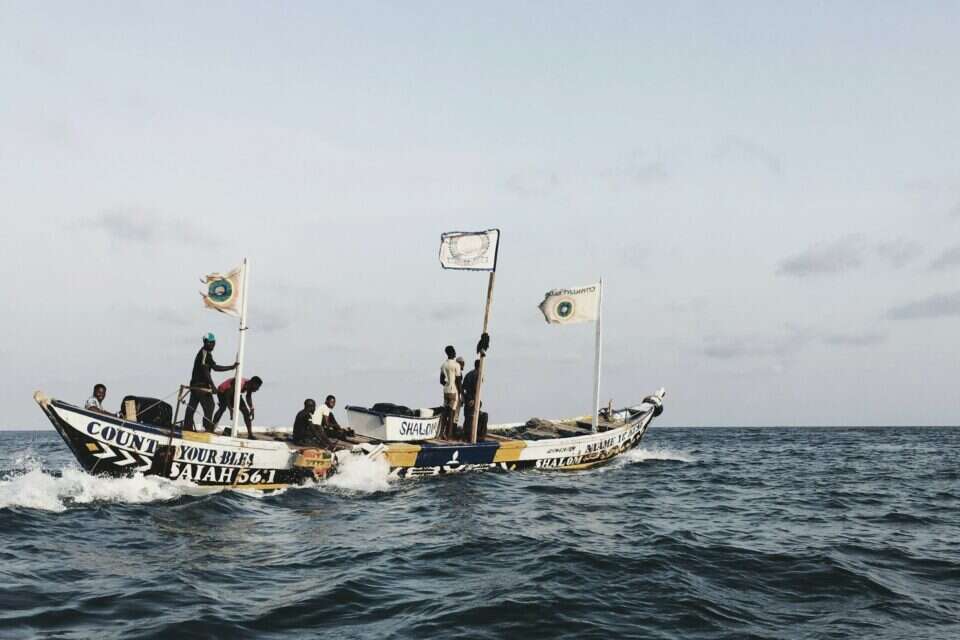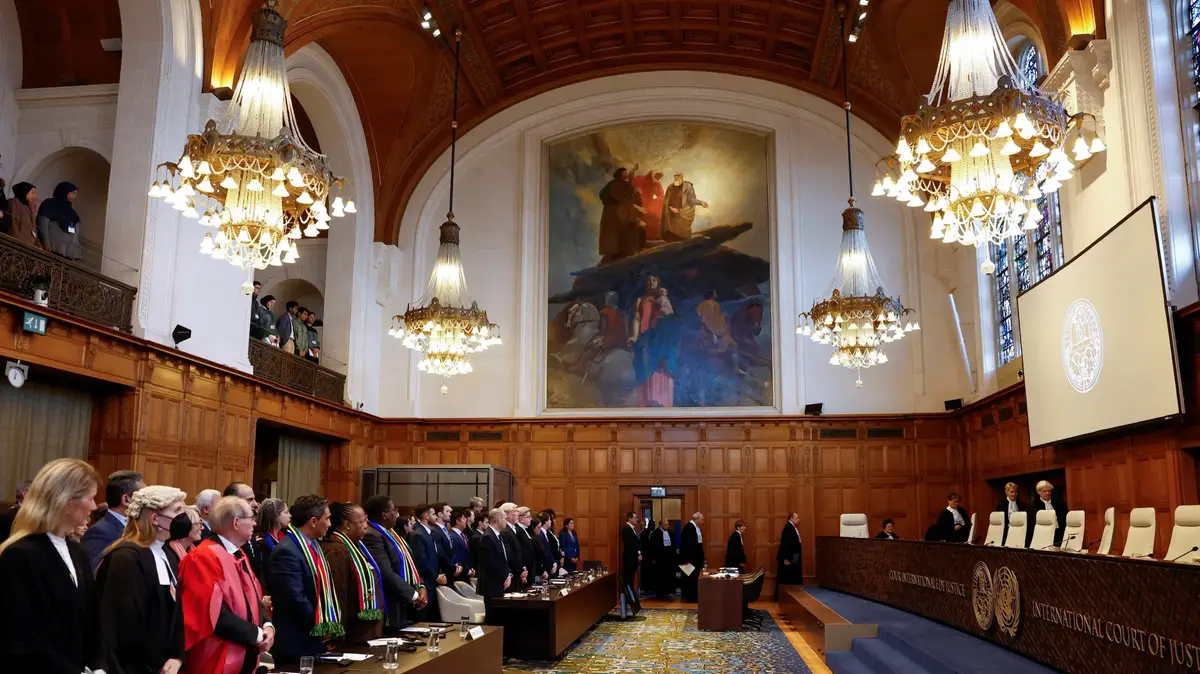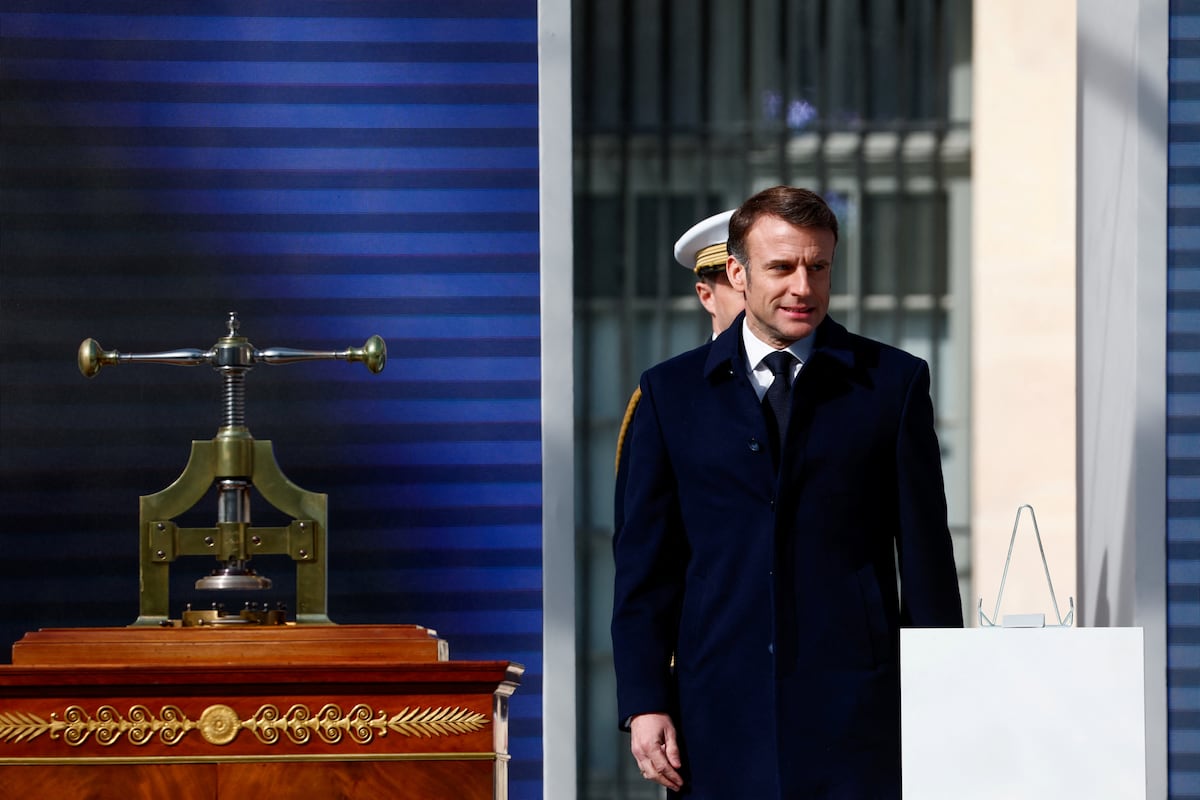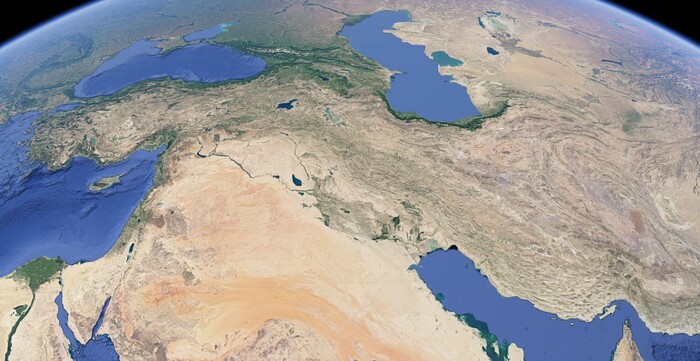"Yes, it's true: my great-great-grandfather was a slave trader."
Thus begins Agur Schiff's sixth novel, "Professor Schiff's Guilt," in which he makes surprising connections between places in space and time that seemingly have no connection between them: the life of a bourgeois intellectual bourgeoisie in Tel Aviv, and postcolonial African politicians, migrant workers and slave traders From the 18th century, the coffee plantations and sugar and music fields of Johann Sebastian Bach.
The result is one of the most sweeping and thought-provoking novels I have read in the past year.
The protagonist of the novel is Professor Schiff, Agor Schiff, who rolls into an African country left in an anonymous book, following his great-great-grandfather Klonimus Zelig Schiff, who mysteriously became rich and disappeared, leaving question marks for the most part.
The descendant, the professor, who testifies to himself that he has no trace of adventure or desire to move, sat one morning in the municipal library and flipped through old newspapers for research in the book.
As his eyes thought to close, he was captured by a knowledge of the remains of a 19th-century merchant ship discovered off a West African coastal city.
The name of the ship "Esperanza," like the name of his great-grandfather's wife, propelled him out of his place and transported him to the far continent, hoping to discover some heirloom.
But unfortunately he arrived shortly after the law was passed "to prosecute slave traders, partners, their heirs and beneficiaries", and he finds himself accused in a show trial which is the first test case of the law.
This charged starting point allows the writer Schiff to carefully dismantle and analyze our obsessive preoccupation with guilt inherited from previous generations.
By the way, he also wonders about the racism that is built into us, the one we are not even aware of, about the possibility of reckoning with history, the possibility of disengaging or moving away from injustices done in the past and questions of cultural appropriation and exploitation hidden behind the guise of liberalism and moral purity.
The first encounter of Schiff, the book's protagonist, who is neurotic and wonderfully immersed in himself, with Africa, took place even before this trip - when he was trying to collect a debt from Tel Aviv lawyer Melchior, and it offered to give him Lucil Tessa-Opuso, a migrant worker who enchants him. , And allows the story to reveal the prejudices in the white man's greedy look at the black woman.
Now, imprisoned during the trial in a handsome villa, with fine tools and handsome servants, he learns to know the captives, culture and history of the vast continent, from an angle inaccessible to most white travelers and even less so to those whose foot has never set foot in Africa.
The story unfolds and unfolds without losing for a moment the thin veil of irony, in the face of the liberal practice of purifying oneself through the clatter and shock of the sins of our ancestors and the attempts at purification through apology and compensation.
The two shippers, the writer and his protagonist, do not hint for a moment that the horrific abuse of slaves and the way in which the white world surrounds itself with fences threatens the people of Africa - they are acceptable or forgiving.
Criticism is directed here at the apparent arrogance and moral superiority manifested in the beating of this sin.
"Appetite for Atonement," the professor calls it in a conversation with the special investigator attached to him, George Abugaya.
"The appetite to suffer in punishment."
We are all partners, this is the conclusion that emerges from the story. The world we live in today is a product of all the events that preceded it, including the slave trade. We are all the great-great-grandchildren of the same humanity, an end link (for now) in the chain.
We were not born pure or just, and we are who we are precisely because they were who they are, and since our predecessors committed criminal acts that we have no way of erasing, our only duty is to look at what we do and the way we live, even if that look makes us very uncomfortable. It is therefore safe to assume that Schiff's decision to give his protagonist his own name, as well as some of his characteristics and hobbies (after giving previous protagonists names of his friends) - is more than an internal joke. It is compatible with this collective responsibility, which has some of the hypocrisy but at the same time cannot be denied. This moral stance - which is also expressed in the choice to blur the line between writer and character - is intertwined with the recognition that we all live the narrative we shape for ourselves, and even when we seem to be telling a story, personal or historical, anchored in "facts" or "documentation" Reality, 'he is told from a subjective point of view.
What appears to the White West to be a murderous lust for arms will be seen by Africans as a longing for freedom;
What appears to be a liberation from colonialism is seen from the other side as an equally difficult bond for corporations.
This is not a Trump statement and Schiff does not come to say that all fiction is true.
This is a more accurate statement, according to which the truth is necessarily limited and necessarily biased.
Schiff writes with simplicity full of grace and humor.
For example, when it becomes clear to Schiff, the defendant, that as part of his line of defense he must claim that the late Klonimus Zelig was not the only Jewish slave trader, and that compared to another slave trader, Yehuda Philip Benjamin, he is only "one small trader out of many" - he exclaims: " By no means... He was an original and daring man... A dreamer and an ideologue, a social thinker, a leader.
Elsewhere, the professor goes on a helicopter tour with President of the Republic Vincent Aya, the son of George Wah, President of Liberia, who was a top footballer before turning to politics, and Schiff builds an illusory football scene for him.
These scenes, like the whole book, are written with swing and precision.
Schiff, who began his literary career with two successful collections of short stories ("Dead Animals and Weather" and "Stories for Short Travels"), proves (again) that he has preserved his sense of rhythm and ability to skip bumps like unnecessary descriptions and curly musings, even when writing For long distances.
The guilt of Professor Schiff / Agur Schiff; Ahuzat Beit, 286 pages
Were we wrong?
Fixed!
If you find an error in the article, we will be happy for you to share it with us and we will correct it









